Earth
Sign up for our newsletter
We summarize the week's scientific breakthroughs every Thursday.
-
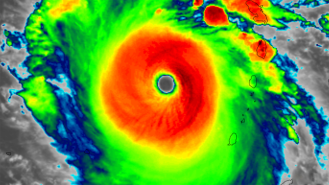 Climate
ClimateWhy this year’s climate conditions helped Hurricane Beryl smash records
Scientists predicted an active hurricane season, but a July Category 5 storm is still stunning.
-
 Climate
ClimateHow powdered rock could help slow climate change
A method called enhanced rock weathering shows promise at capturing carbon dioxide from the air. But verifying the carbon removal is a challenge.
-
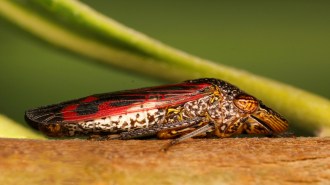 Agriculture
Agriculture50 years ago, scientists ID’d a threat to California wine country
Fifty years after scientists identified the cause of Pierce's disease, which damages vineyards, there still isn't a cure.
-
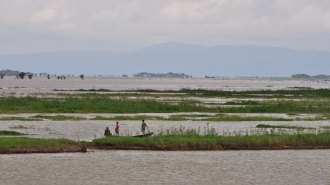 Earth
EarthAn ancient earthquake changed the course of the Ganges River
Flooding from a similar earthquake today could threaten about 170 million people in India and Bangladesh who live in low-lying regions nearby.
By Sid Perkins -
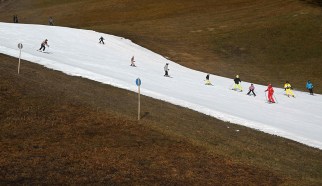 Climate
ClimateIn ‘Warming Up,’ the sports world’s newest opponent is climate change
In her debut book, Madeleine Orr presents an authoritative account of climate change’s impact on sports, and how the industry can fight back.
-
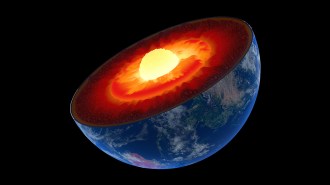 Earth
EarthSomething weird is happening to Earth’s inner core
A new study claims to confirm that the inner core is now rotating more slowly than it was over a decade ago, but some researchers remain skeptical.
By Nikk Ogasa -
 Climate
ClimateA heat dome is baking the United States. Here’s why that’s so dangerous
As climate change makes heat waves more frequent and intense, older adults, pregnant people and others are at higher risk for heat-related symptoms.
-
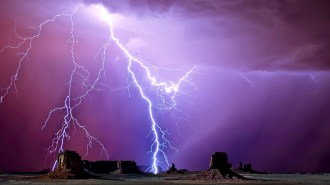 Earth
Earth50 years ago, the sun’s influence on Earth’s lightning was revealed
The solar wind and sunspots seem to give lightning a boost. But exactly how solar activity stimulates strikes is an enduring mystery.
-
 Climate
ClimateThe Arctic is warming rapidly. These clouds may hold clues as to why
Climate simulations can’t fully handle towering Arctic thunderclouds. So scientists have been flying a C-130 into and around the clouds to learn more.
-
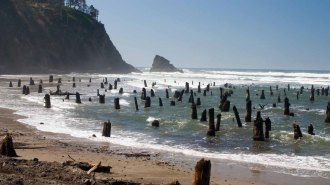 Earth
EarthGeoscientists found the most dangerous part of a famous West Coast fault
Seismic data reveal that the Cascadia megathrust consists of at least four segments, the most dangerous of which may lurk offshore of Washington.
By Nikk Ogasa -
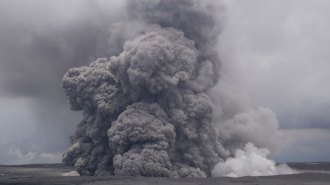 Earth
EarthIn 2018, Hawaii’s Kilauea volcano erupted like a stomp rocket
The stomp rocket–like mechanism is a newly observed type of eruption.
-
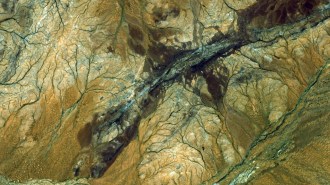 Earth
EarthFreshwater first appeared on Earth 4 billion years ago, ancient crystals hint
Oxygen ratios in ancient zircon crystals suggest that the planet’s water cycle got started hundreds of millions of years earlier than thought.